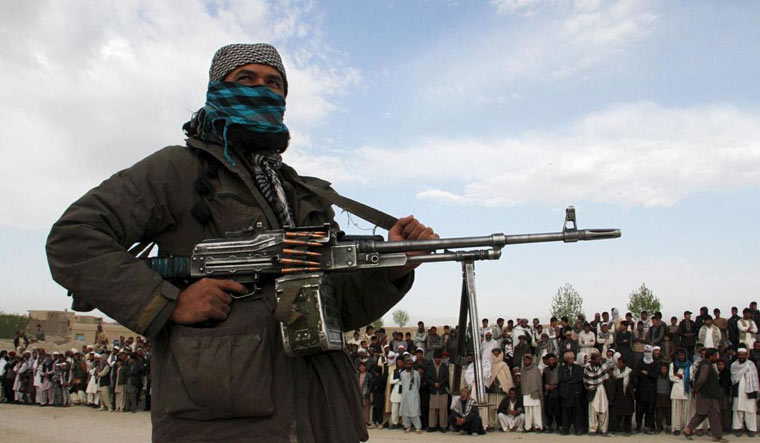The road to the intra-Afghan talks—hopefully slated for July—will be precarious. The US-Taliban agreement so far has not brought an end to violence. In what is a disturbing trend, a recent report of the UN Assistance Mission in Afghanistan (UNAMA), stated that there has been an increase in fighting civilian casualties during during March.
“Despite the hope of peace with the Taliban, we are fighting the war, worse than last year,’’ said Javid Faisal, spokesperson, Office of the National Security Council, Afghanistan at a webinar organised by the Observer Research Foundation. “They have continued to step up the violence. They are not keeping the expectation of the agreement with the US.”
On Wednesday, the Taliban attacked two check posts and killed 18 Afghan security personnel according to news reports. In the past few weeks, 422 Afghan troops have been killed or injured in more than 220 attacks by the Taliban, a news report by AlJazeera said.
“The deal gave the Taliban everything that it wanted,’’ said Madiha Afzal, David M. Rubenstein Fellow, Foreign Policy, Brookings Institution. No conditionality for them to ensure that the Afghan soil is not used by Al Qaida, is written in, she pointed out. “It is hard to know what the deal breaker is for America,’’ she said pointing out that there is evidence that Taliban still has not cut its links with Al Qaida.
The second stage of the deal—the most important and one which might take years to conclude—the intra-Afghan talks is slated to finally begin. The venue: Doha. “We are ready to start direct talks,’’ said Faisal. “We have proposed a delegation and agenda items. They have not announced a negotiating team, nor agenda items.”
Pakistan’s role in Taliban has always been a concern for India. Is Pakistan ready to give up control? “Pakistan has a very complicated relationship with Afghanistan,’’ admitted Azfal. “Pakistan has not proven that it is done with its policy of strategic depth. It wants the Afghan government to be sovereign. But it doesn’t want it to be closer to India.”
As for India, the next round is crucial. The US Special envoy to Afghanistan Zalmay Khalizad has indicated that India should start its own line of communication with the Taliban, which poses a dilemma for India. “The choice is simple. We have stood with the Afghan people. India has been steadfast. Whatever, Afghanistan decides, India shall be happy to deal with them,’’ said former ambassador to Afghanistan Amar Sinha.
Afghanistan is at a crucial juncture at the moment. It is clear that America wants to leave—and fast. The way forward is long and paved with good intentions.



